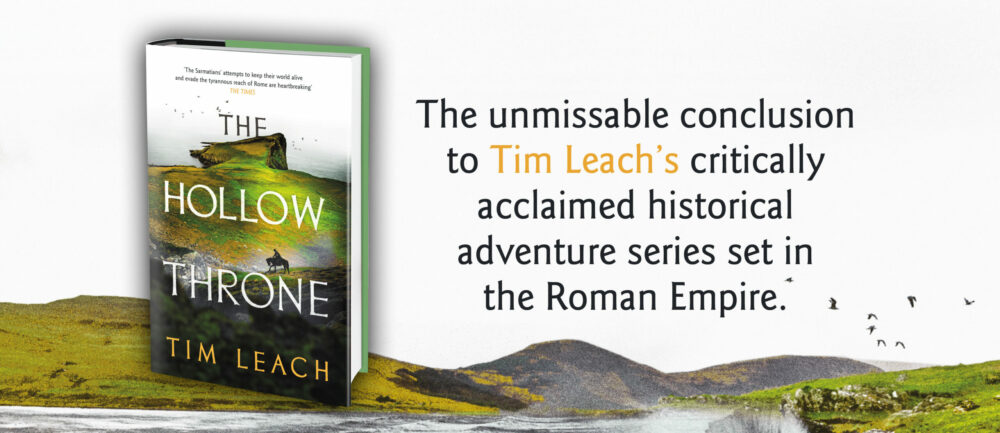The principles are simple. Writing time is between breakfast and lunch, and is usually two or three hours a day. Ten until one is the usual slot, with modifications for late or early starts. In those hours, I must write no less than five hundred words, and no more than one thousand.
Both the time and the amount are quite crucial. If I haven’t written by eleven, I start to get very nervous. I will need to eat in an hour or so, for I cannot write on an empty stomach, and I do not trust that I will have the discipline to sit down to write both before and after lunch. I only have courage enough to write in one continuous session per day. So if I do not write by eleven, I will not write until after lunch, and the great chasm of the wasted morning looms in my mind for the rest of the day and makes it very difficult to be productive. On the other hand, I don’t like to start to early. If the day’s writing is done by ten, the rest of the day is a bit too big and intimidating, the wait before I can write again too long to be comfortable. (The obvious answer, do more writing, seems impossible.)
Graham Greene used to write exactly five hundred words a day, but I’m not so precise. Sometimes I’ll let myself finish early if I conclude a chapter or a section. The important thing is that there must be something new. Obviously, there will be five hundred new words, but that’s not quite what I mean. Most of those will be sentences or paragraphs that have been thought out beforehand, and require mere finishing. But there must be something that has appeared unplanned out of this writing session, spontaneous and true. Once I’ve got that – it’s usually just a sentence, though is sometimes as much as a paragraph – I know that I’ve done a good day’s work. A single new idea is enough. Keep producing one of those a day, so the theory goes, and the book will get done, sooner or later. Probably later. But it will get done.
I’m quite superstitious about this amount, on both the upper and lower ends of the spectrum. When the writing goes fast, it frightens me. Usually, the word count is there to drag some semblance of productivity out of me, but sometimes it serves to put the brakes on. The advantage of working slowly is that one approaches problems at a less than glacial pace, gives the noble captain plenty of time to find a good away around them. It is also important to go slowly in order to conserve energy. It is a job, and you don’t get weekends off, or holidays of any kind until the book is done.
Of course, you’re still working when you’re not working. The book is always with you, your mind soaked in it like some sort of psychotropic fluid. Often, you’ll return to write in the morning to discover you’ve worked out the thornier problems of your narrative whilst baking bread or doing the washing up. Each days writing is like the uncoiling of some great creative spring – the rest of the day is spent coiling it up again.
